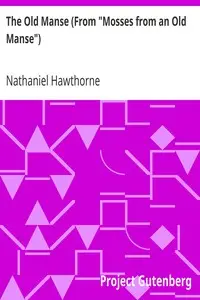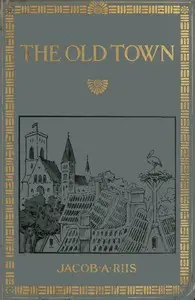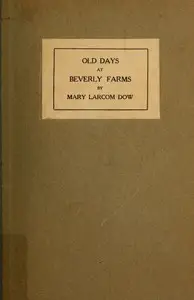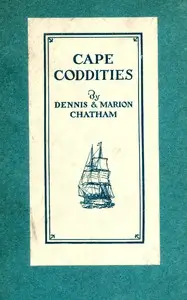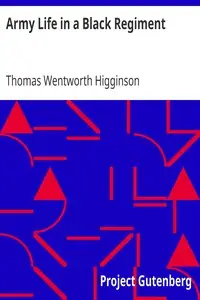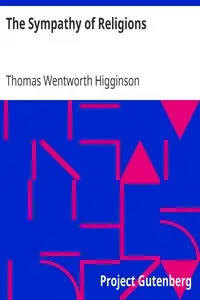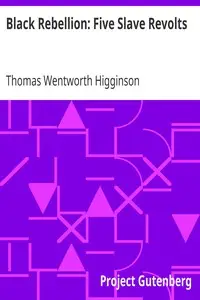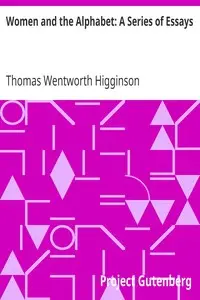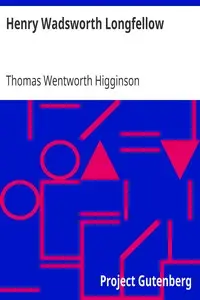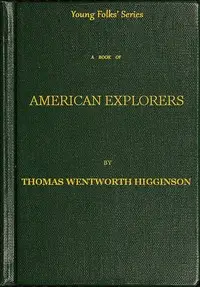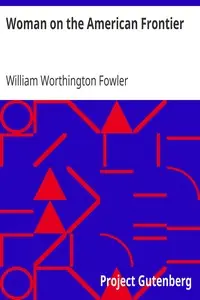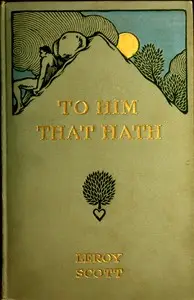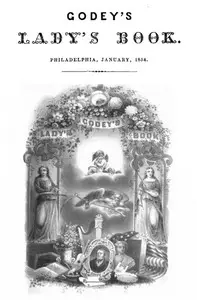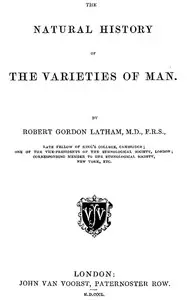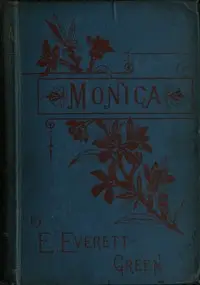"Oldport Days" by Thomas Wentworth Higginson is a series of essays that capture the spirit of a quaint coastal town, likely written in the late 1800s. The book explores the unique character of Oldport through its changing seasons, particularly the shift from lively summers to peaceful winters. Higginson paints a picture of the town's scenery and observes the lives of its residents, mixing historical stories with social commentary demonstrating a fondness for Oldport's natural charm and unhurried existence. The narrative begins by establishing the town's mood as it moves from summer's bustle to autumn's calm, highlighting key places like the Old Stone Mill, and compares the busy tourists of summer to the quiet, thoughtful rhythm of the town when they're gone, setting the scene for a reflective look at the heart of Oldport.

Oldport Days
By Thomas Wentworth Higginson
Discover a bygone era in a charming coastal town as it transitions from a vibrant summer scene to the tranquil solitude of winter.
Summary
About the AuthorThomas Wentworth Higginson, who went by the name Wentworth, was an American Unitarian minister, author, abolitionist, politician, and soldier. He was active in abolitionism in the United States during the 1840s and 1850s, identifying himself with disunion and militant abolitionism. He was a member of the Secret Six who supported John Brown. During the Civil War, he served as colonel of the 1st South Carolina Volunteers, the first federally authorized black regiment, from 1862 to 1864. Following the war, he wrote about his experiences with African-American soldiers and devoted much of the rest of his life to fighting for the rights of freed people, women, and other disfranchised peoples. He is also remembered as a mentor to poet Emily Dickinson.
Thomas Wentworth Higginson, who went by the name Wentworth, was an American Unitarian minister, author, abolitionist, politician, and soldier. He was active in abolitionism in the United States during the 1840s and 1850s, identifying himself with disunion and militant abolitionism. He was a member of the Secret Six who supported John Brown. During the Civil War, he served as colonel of the 1st South Carolina Volunteers, the first federally authorized black regiment, from 1862 to 1864. Following the war, he wrote about his experiences with African-American soldiers and devoted much of the rest of his life to fighting for the rights of freed people, women, and other disfranchised peoples. He is also remembered as a mentor to poet Emily Dickinson.

